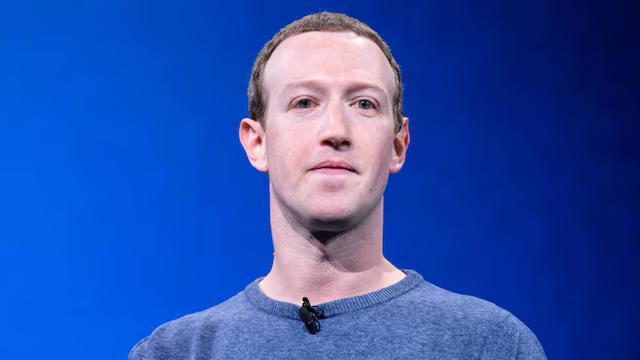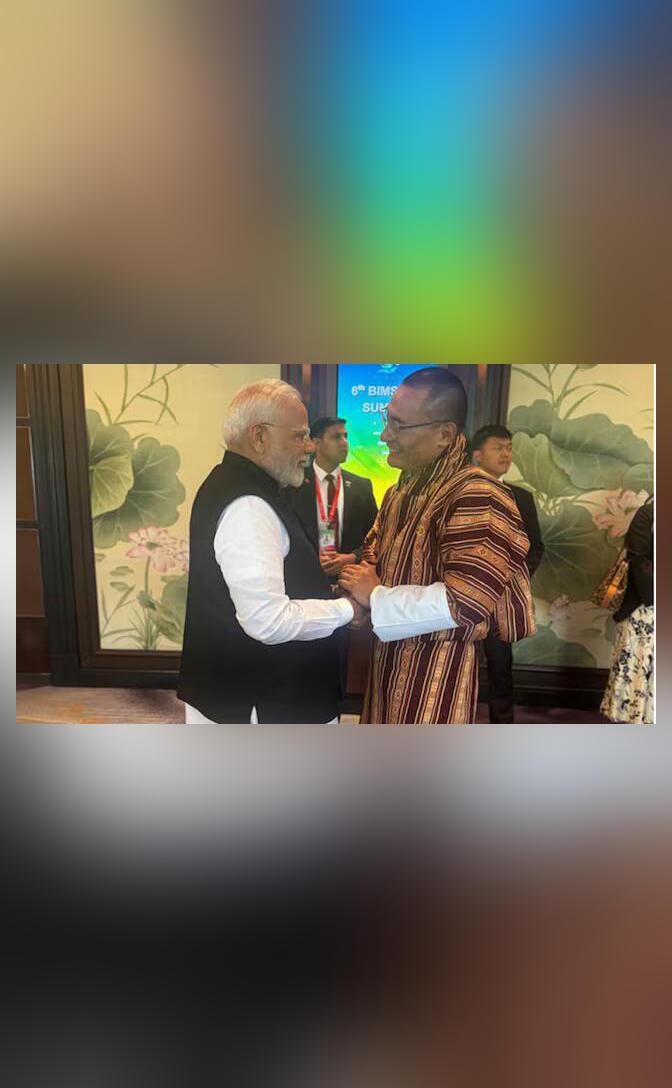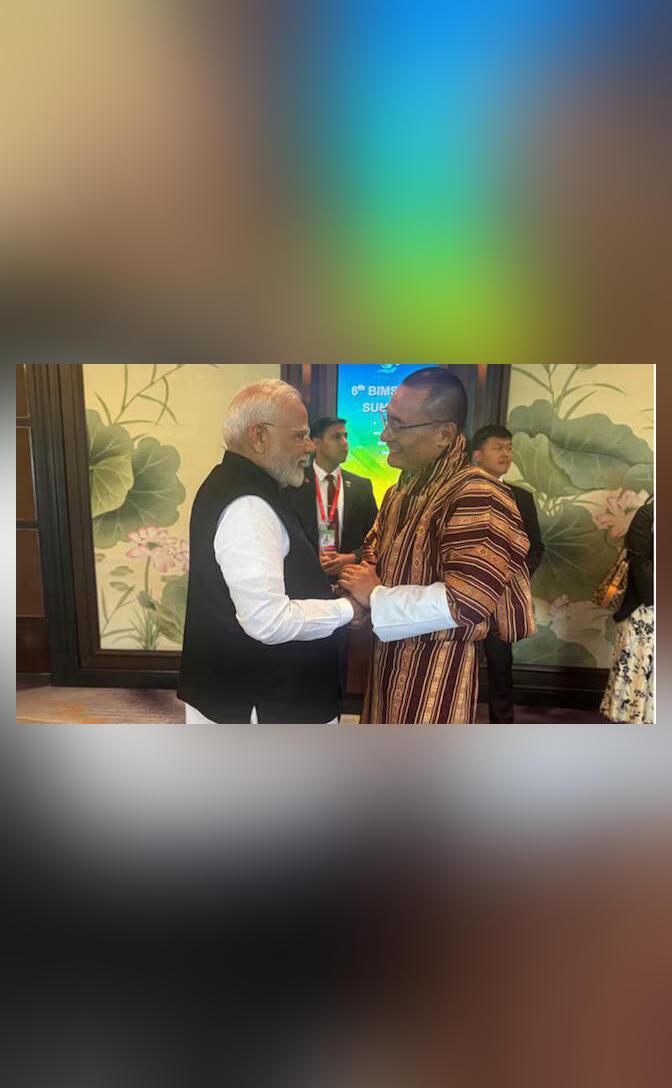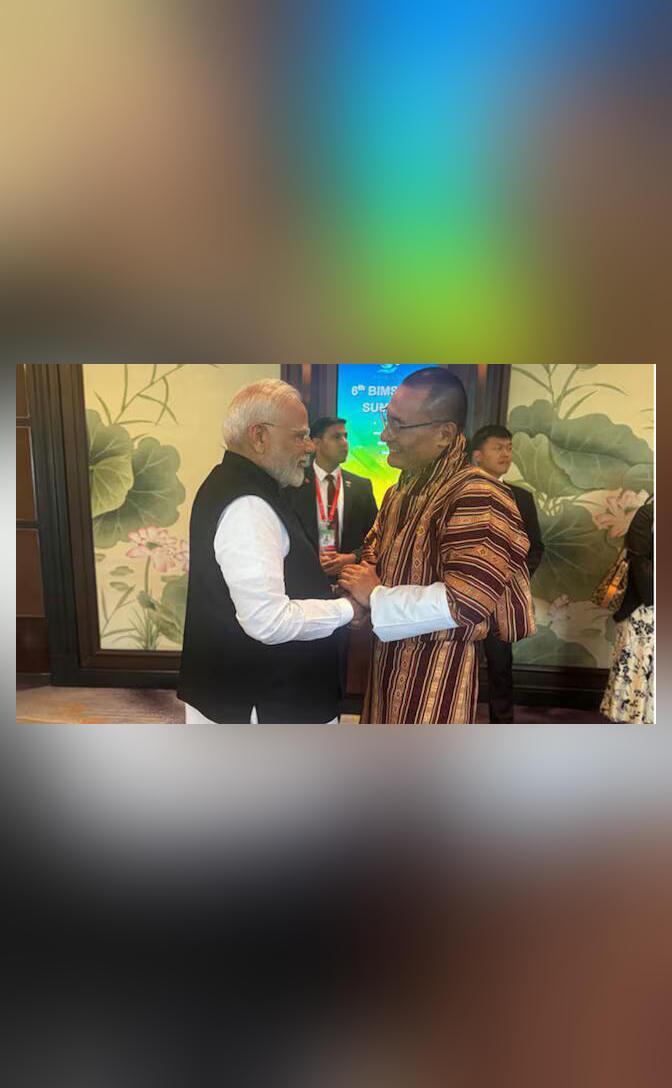
Title: Someone Tried to Get Me Sentenced to Death in Pakistan: Mark Zuckerberg
In a shocking revelation, Meta CEO Mark Zuckerberg has shared a harrowing experience of facing a potential death sentence in Pakistan due to a Facebook post. Speaking at a conference, Zuckerberg revealed that someone had accused him of blasphemy, a grave offense in Pakistan, because of a drawing of Prophet Mohammed on Facebook. The incident highlights the challenges of moderating content on social media platforms, particularly in countries with strict laws and cultural sensitivities.
According to Zuckerberg, the incident occurred when someone had posted a picture of Prophet Mohammed with a drawing, which was deemed blasphemous by some users. “Someone on Facebook had a picture where they had a drawing of Prophet Mohammed, and someone said, ‘That’s blasphemy in our culture’. They sued me and opened this criminal proceeding,” he explained.
The case was taken to court, and Zuckerberg was accused of committing blasphemy, an offense punishable by death in Pakistan. However, the Meta CEO remained calm and unbothered, stating that he was not worried about the situation. “I’m not worried about it. I’m worried about the fact that this happened, and I’m worried about the fact that people are using religion to try to silence and intimidate others,” he said.
Zuckerberg’s comments come at a time when the world is grappling with the issue of online hate speech and extremism. Social media platforms like Facebook, Twitter, and YouTube have been criticized for failing to effectively moderate content, leading to the spread of hate speech and violence.
In recent years, there have been several instances of social media users facing legal action for posting content deemed offensive or blasphemous. In Pakistan, the blasphemy law is particularly controversial, as it has been used to target religious minorities and individuals who express views deemed offensive by some groups.
The incident involving Zuckerberg highlights the challenges of navigating cultural sensitivities and religious beliefs on social media. While Facebook and other platforms have taken steps to moderate content and remove offensive material, it is often difficult to balance the need to respect religious beliefs with the need to protect free speech.
In Pakistan, the government has taken steps to curb online hate speech and extremism. In 2020, the country passed the Prevention of Electronic Crimes Act, which criminalizes online hate speech and provides penalties for those found guilty.
However, the law has been criticized for being overly broad and potentially censorious. Human rights groups have expressed concerns that the law could be used to silence dissenting voices and restrict free speech.
The incident involving Zuckerberg also raises questions about the liability of social media companies for user-generated content. In Pakistan, social media companies are liable for content that is deemed offensive or blasphemous, and can be subject to legal action.
The situation highlights the need for social media companies to develop effective content moderation policies and procedures. Platforms like Facebook and Twitter have taken steps to improve their moderation policies, but more needs to be done to address the issue.
In conclusion, Mark Zuckerberg’s experience in Pakistan serves as a stark reminder of the challenges of navigating cultural sensitivities and religious beliefs on social media. While the incident is shocking, it also highlights the need for social media companies to develop effective content moderation policies and procedures to protect free speech and prevent online hate speech and extremism.






